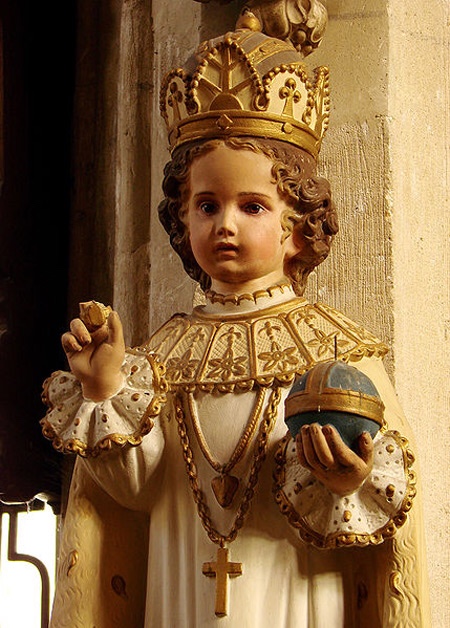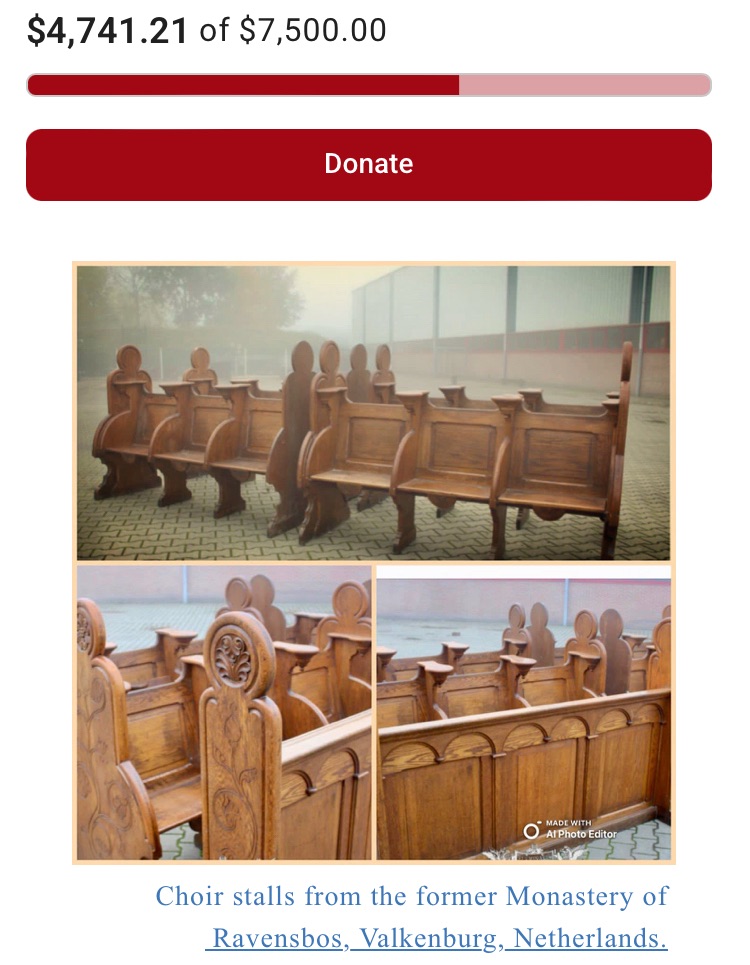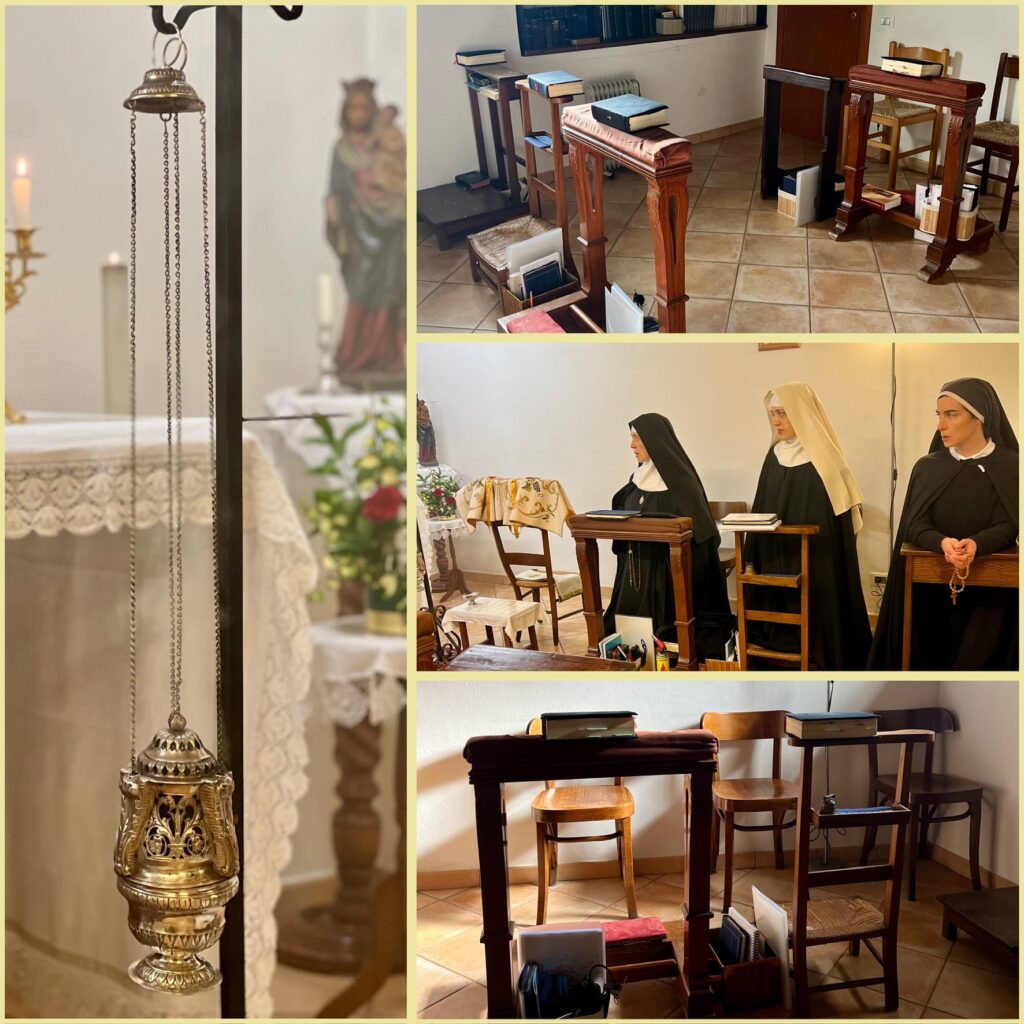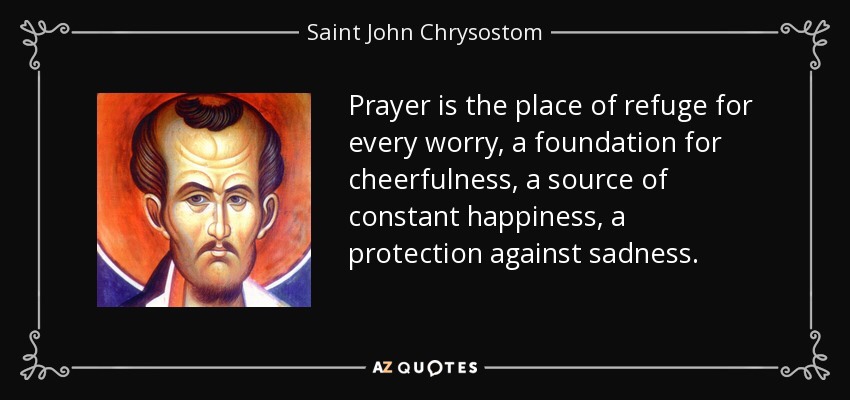(Originally penned and posted eight years ago today, 25 January, ARSH 2017. I keep reposting this on The Feast of the Conversion of St. Paul, of which it is the Epistle reading, precisely because “kicking against the goads” is such a massive, massive problem of moral failure among men today. The right thing has to be done. The Truth MUST be acknowledged, sooner or later. Fighting it, trying to avoid it, trying to kick the can down the road and foist unacknowledged disaster off on future generations is just about the most effeminate act there is. IT JUST MAKES EVERYTHING EXPONENTIALLY WORSE. The only way out is through, and the “through” is The Cross. –Alpha Bravo ’25)

The Conversion of St. Paul on the Road to Damascus, detail. Caravaggio, ARSH 1601, Church of Santa Maria del Popolo, Rome.
Today is the Feast of the Conversion of St. Paul.
Nearly all Protestant Bibles and Post-Vatican II Bibles delete the words of Our Lord and Savior Jesus Christ to Saul in Acts 9:5. The full verse of Acts 9:5 is:
VERSE 4: And falling on the ground, he heard a voice saying to him: Saul, Saul, why persecutest thou Me?
Et cadens in terram audivit vocem dicentem sibi: Saule, Saule, quid me persequeris?
VERSE 5: Who said: Who art thou, Lord? And He: I am Jesus whom thou persecutest. It is hard for thee to kick against the goad.
Qui dixit: Quis es Domine? Et ille: Ego sum Jesus, quem tu persequeris: durum est tibi contra stimulum calcitrare.
What does “It is hard for thee to kick against the goad” mean??
A goad is a type of cattle prod, a stick with a sharp iron tip that was used to drive oxen pulling a plow in antiquity. You might have heard the verb “to goad”, as in, “She goaded her husband into buying her a fur coat.” The way the goad worked, if the ox kicked at it to resist it, it would actually drive further into its flesh. So, the more the ox tried to resist the prod of its master, the more it suffered. In this saying, Christ is referencing a well-known ancient Greek proverb:
“To bear lightly the neck’s yoke brings strength; but kicking against the goads is the way of failure.”
-Pindar (died 438 B.C.)
See how that ties directly to Our Blessed Lord’s use of the imagery of the yoke in Matthew 11…?
VERSE 29: Take up My yoke upon you, and learn of Me, because I am meek, and humble of heart: and you shall find rest to your souls.
Tollite jugum meum super vos, et discite a me, quia mitis sum, et humilis corde: et invenietis requiem animabus vestris.
VERSE 30: For My yoke is sweet and My burden light.
Jugum enim meum suave est, et onus meum leve.
The more we resist the Truth of Jesus Christ and His Holy Church, of which The Law is an integral part, the more we suffer, and the harsher God’s discipline necessarily becomes.
Proverbs 13:15 says, “The way of the unfaithful is hard…” and Proverbs 15:10 says, “Stern discipline awaits him who leaves the path.”
The reason that Antipope Bergoglio is so popular with “the world” is because he ratifies and confirms people in their mortal sin, most particularly those sins relating to the Sixth Commandment, and also because it is very clear that he DOESN’T ACTUALLY BELIEVE ANY OF THAT CATHOLIC “BULLSHIT”, thus ratifying and confirming all of those who are heretics and apostates within The Church, are outside The Church, have left The Church, and atheists. They falsely believe that Bergoglio is The Vicar of Christ, or at least a legitimate representative of The Church, and that he is finally confirming that the Natural and Divine Law is not only BULLSHIT, but that they will be HAPPIER and their lives EASIER and BETTER if they break it, and he, Bergoglio, is their “all-merciful liberator” from it. What Antipope Bergoglio is trying to do is vilify and suppress the conscience of man such that it is totally silenced and replaced with sensual, material, earthly, effeminate, narcissistic, concupiscent pleasure as the only metric by which man weighs and judges his decisions.
This is, quite simply, SATANIC, and if one STILL can’t see that Antipope Bergoglio is a man wholly in league with satan, actively seeking the ruin of souls, then I reckon one never will.
Ever wonder why sex perverts become more and more miserable, many unto suicide, despite the fact that our depraved culture hails them as heroes? Why did multi-millionaire celebrity pop singer George Michael, as just one example, despite all of his wealth, popularity and complete cultural acceptance, cruise filthy public toilets for sodomy with strangers, and ultimately kill himself with alcohol and hard drugs, crack cocaine being his purported favorite? Why do transvestites, today held up as heroes and as superior beings, have one of the highest suicide rates in the world? Why are psychopathic arch-criminals like John Corzine and Hillary Clinton, among so many others, so consistently horrible, miserable, cruel, abusive, evil people behind closed doors? Ever wonder why divorce rates skyrocketed after the introduction and social acceptance of birth control in the 1960s?
Because it is hard to kick against the goad.
Now you know what that means.
And please, get yourself a Bible that includes EVEYTHING, properly translated, and when you see some word or phrase you don’t understand, LOOK IT UP. This pretty much means, for English speakers, a Douay-Rheims Bible.
Here is an online version: www.DRBO.org
St. Paul, pray for us.
Christ, have mercy on us.








